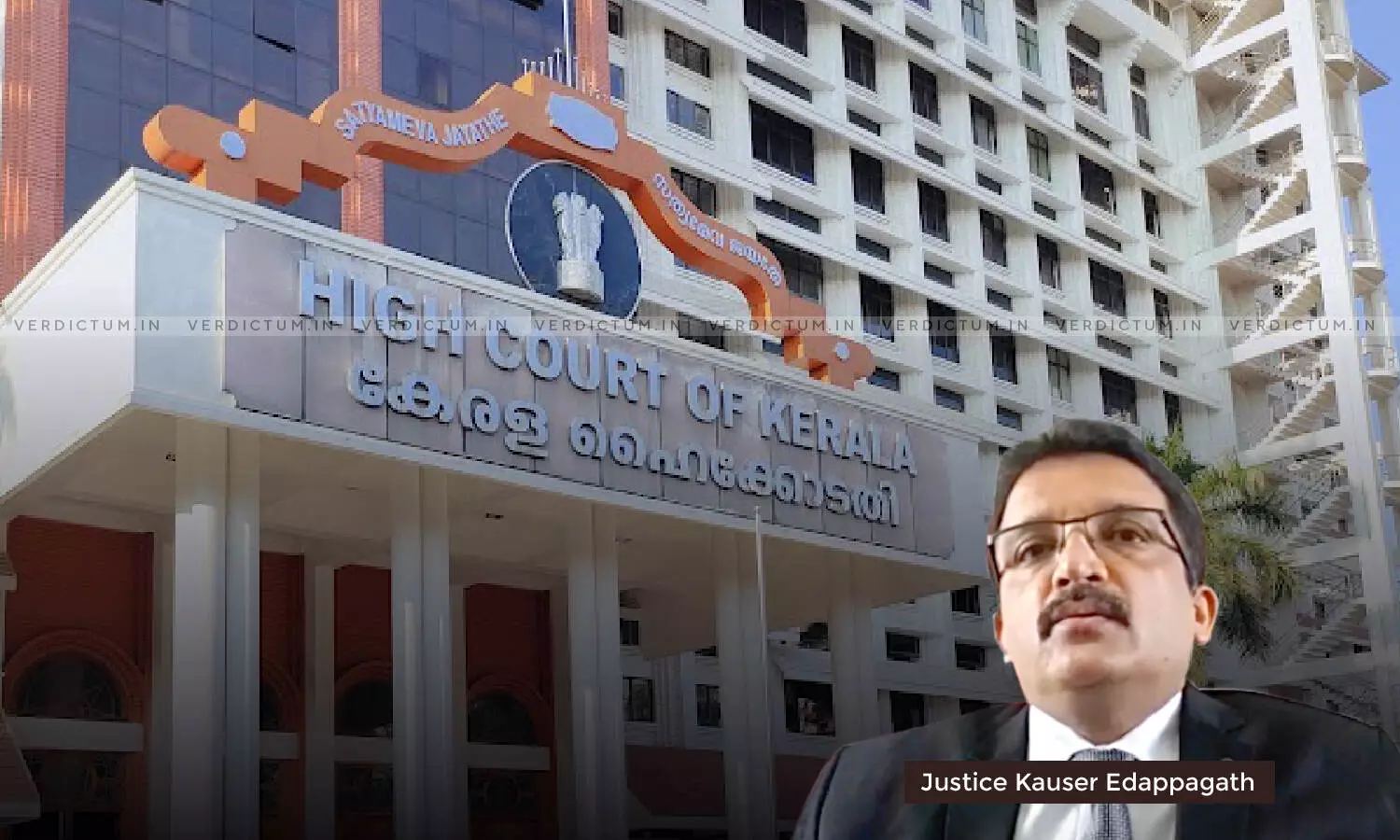
Civil Court Continues To Have Jurisdiction To Execute A Decree Passed By Waqf Tribunal: Kerala HC
 |
|The Kerala High Court observed that even after the constitution of the Tribunal under the Waqf Act, a Civil Court continues to have jurisdiction to execute a decree passed by the Waqf Tribunal.
The Court said that there is no express provision in the Waqf Act that the Waqf Tribunal is the only Forum to execute the decree relating to Waqf disputes.
The Court was hearing a Petition where a decree obtained in the year 2000, in a suit instituted in the year 1996, remains unexecuted – without even settling the issue regarding the forum to execute it.
The bench of Justice Kauser Edappagath observed, “…even after the constitution of the Tribunal under the Waqf Act, the civil Court continues to have jurisdiction to execute a decree passed by the Waqf Tribunal.”
Advocate Vaisakhi V appeared for the Appellant and Advocate MA Ahammad Saheer appeared for the Respondent.
Brief Facts-
In the present case, a suit was filed seeking a declaration, injunction, and possession recovery over a mosque which is deemed to be a waqf property managed historically by the Plaintiffs' family. The family claimed administrative rights through lineage and challenged the role of a committee that was formed locally to assert control. With the Waqf Tribunal constituted during the suit's pendency, the defendants argued the Civil Court lacked jurisdiction under Section 85 of the Waqf Act. The trial Court ruled in the favour of the family, affirming their administrative rights which were upheld on Appeal. As execution proceedings commenced, the Waqf Board appointed an interim Mutawalli, leading to additional impleading Petitions, which the Executing Court dismissed. The Executing Court then ruled it lacked jurisdiction under Section 37(b) CPC, directing the petitioners to seek execution through the Waqf Tribunal. Hence, the challenge in the present Original Petition.
The Court observed, “There is no provision in the Waqf Act to transfer a validly instituted suit to the Waqf Tribunal after the constitution of the Waqf Tribunal.”
“Though the jurisdiction of the Tribunal is ousted in respect of the suits instituted prior to the commencement of the Act, the principles embodied in Section 7(5) could be applied to suits instituted before the constitution of the Tribunal as well.”, the Court added.
“The fact that the provision for transfer of cases from the Civil Court to the Waqf Tribunal is not provided for in the Act is a pointer to the legislative intention that the suits filed earlier to the constitution of the Tribunal shall continue to be dealt with by the Civil Court.”, the Court clarified further.
Accordingly, the Court allowed the Original Petition.